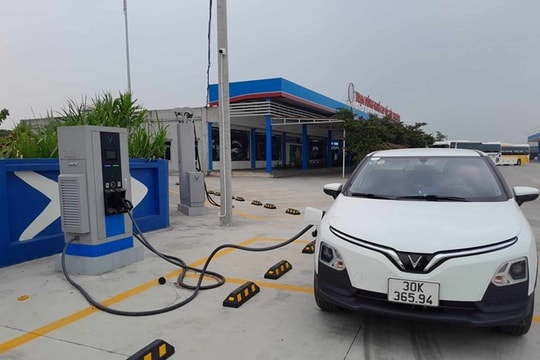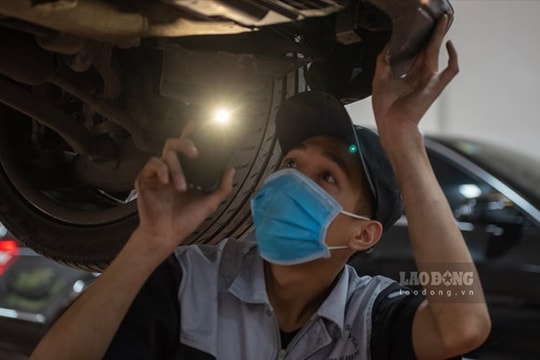What is the future for electric cars in Vietnam?
33% of consumers think of electric vehicles when buying a new car, a number with great potential for electric vehicle development in Vietnam.
Frost & Sullivan, a US-based strategy consulting firm, has just conducted a study on "The Future of Electric Vehicles in Southeast Asia" in 6 countries, including Singapore, Indonesia, Thailand, Malaysia, Vietnam and the Philippines. The results, analyzed based on 1,800 responses from online surveys and face-to-face interviews, show that Vietnam is a potential electric vehicle market.
Potential of electric vehicles in Vietnam
The study found that one-third of consumers surveyed in Southeast Asia would consider electric vehicles when buying a new car, at 37%.
The most likely to consider electric vehicles are customers in the Philippines at 47%, and Singapore at 23%. Vietnam is right above Singapore at 33%.
|
33% of Vietnamese people think of electric cars when buying a new car according to research by Frost & Sullivan. |
A representative from Frost & Sullivan explained that many people are skeptical about the survey numbers that the company gave, but in fact, these are real numbers, meaning that users think about it, not definitely buy it.
In addition, two-thirds of consumers in the region chose safety standards as the most important factor when buying an electric vehicle, followed by the convenience of charging the vehicle. Cost is less important, with customers willing to pay up to 50% more for an electric vehicle than a comparable conventional car in the same segment.
However, the price cuts will help encourage consumer adoption of electric vehicles, with three-quarters of those surveyed willing to switch from conventional cars to electric vehicles if the tax was waived. Other factors that could make consumers switch to electric vehicles include installing charging stations in apartment complexes (70%), dedicating priority lanes to electric vehicles (56%) and free parking (53%).
|
Tesla Model X in Vietnam.Photo: Duong Vu Manh. |
ReplyZing.vn“The success of electric vehicles depends on the cooperation between governments, businesses and other stakeholders. It includes not only infrastructure, but also tax incentives and support for users for electric vehicles to really take off in Asia in general and Vietnam in particular,” said Trudy Harris, product communications manager for the Asia-Pacific region at Nissan.
He added: "I see that Vietnam has a young population and strong connection to the Internet, the number of people using the Internet via smartphones is very high. Frost & Sullivan's survey shows that Vietnamese people's interest in electric vehicle technology overcomes limitations such as price or concerns about safety."
|
Nissan displayed the Leaf at the Vietnam Motor Show 2014.Photo: Tuan Anh. |
Mr. Nicholas Thomas, Nissan's global electric vehicle sales director, also assessed Vietnam as an important market and said he is accelerating the process of introducing the Nissan Leaf in Vietnam as soon as possible.
Lessons from countries in the region
The usual incentives are tax incentives. Thailand is currently leading the electric vehicle race in Southeast Asia. To develop, the country has many incentives for electric vehicle manufacturers. Domestic electric vehicle manufacturers are exempt from corporate tax for 8 years. The tax exemption period will also be extended to 10 years and 6 years if key components such as batteries and motors are produced domestically. Machinery used to produce such vehicles will be exempt from import tax.
"Regarding consumer support, although not yet official, we are discussing a plan to reduce personal income tax to encourage the use of electric vehicles," said Yossapong Laoonual, President of the Thai Electric Vehicle Association.
|
Indonesia has announced plans to phase out sales of gasoline and diesel vehicles by 2040. The country is encouraging domestic manufacturing, design, research and development of electric vehicles. In addition to tax incentives, companies in the sector will receive a 300% tax rebate for research and development, and a 200% tax rebate for companies training workers for the industry. In addition, Indonesia has signed trade agreements with other countries and electric vehicle companies.
Indonesia taxes vehicles based on engine size or seating capacity, and will soon add incentives for low-emission vehicles. It is also considering reducing the price of electric vehicles, which are currently 30-50% higher than conventional vehicles.
Solutions to reduce import taxes on electric vehicles and build more charging stations have also been considered.
In the Philippines, the Senate is considering a bill that would exempt sales of battery-powered electric vehicles or hybrid vehicles from excise tax. The tax would also be waived for battery-powered hybrid vehicles with a minimum range of 30 kilometers per charge.
How to get consumers interested in electric cars?
According to Nissan, to accelerate the electrification process, the first problem is consumers. Beautiful design and good technology will make consumers more interested. Using electric vehicles helps save operating costs, but in the short term, it also needs a lot of support from all parties, along with efforts to reduce battery prices, thereby reducing car prices.
"In the next five to seven years, battery costs will come down, which will lead to lower prices for electric vehicles, creating favorable conditions for competition with traditional gasoline vehicles," said Nicholas Thomas, Nissan's global electric vehicle business director. "For this industry to really take off, we still need support such as subsidies and incentives, which may vary from country to country, but the overall goal is to reduce vehicle prices."
|
Tax subsidies will help reduce the cost of electric cars. |
When electric car prices decrease, sales will increase, creating the premise for businesses to increase production output, leading to further price reductions.
Despite the significant growth potential of electric vehicles, barriers to adoption of these technologies remain a common problem across the region. The biggest concern for consumers, influencing their decision to purchase electric vehicles, is the fear of running out of battery while driving.
To solve this problem, manufacturers are gradually increasing the distance that cars can travel by optimizing the use of electric energy and increasing the energy density of the battery pack. In addition, there is the solution of charging stations in each country.
Regarding charging stations, Mr. Yossapong Laoonual, Chairman of the Thai Electric Vehicle Association, believes that electric vehicles and charging stations are two factors that develop in parallel, not necessarily sequentially. Currently, this country has up to 200 charging stations even though there are only 100 electric vehicles in circulation.
A large listed company in Thailand has announced that it wants to install 1,000 charging stations here. "They announced that there will be one station every 5km and more importantly, there is not just one company but 2-3 large units that want to do this, proving that there is an opportunity for the private sector," he added.
Sharing the same view on parallel development between charging stations and electric vehicles, the President of the Philippine Electric Vehicle Association believes that in the future, businesses in the field will build more electric charging stations, because when consumers demand it, they will do it.

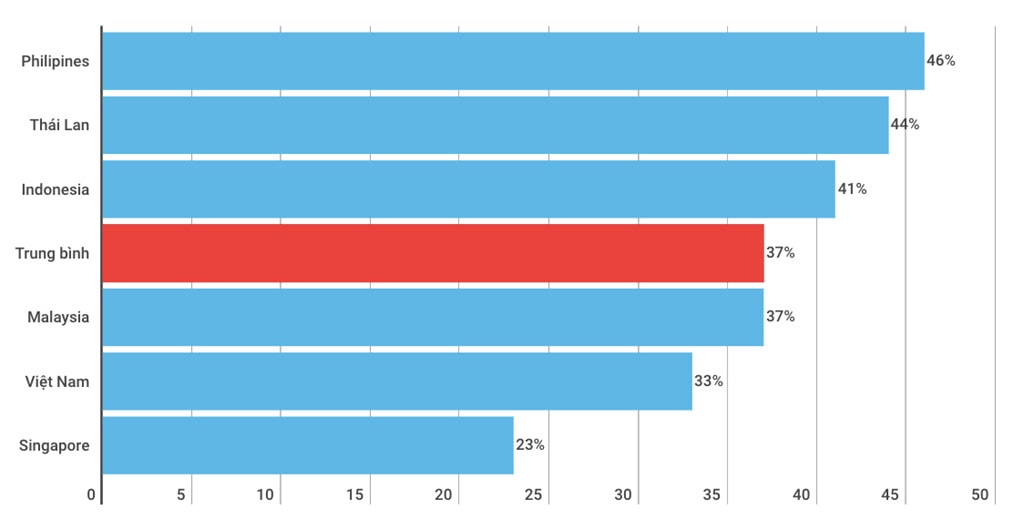
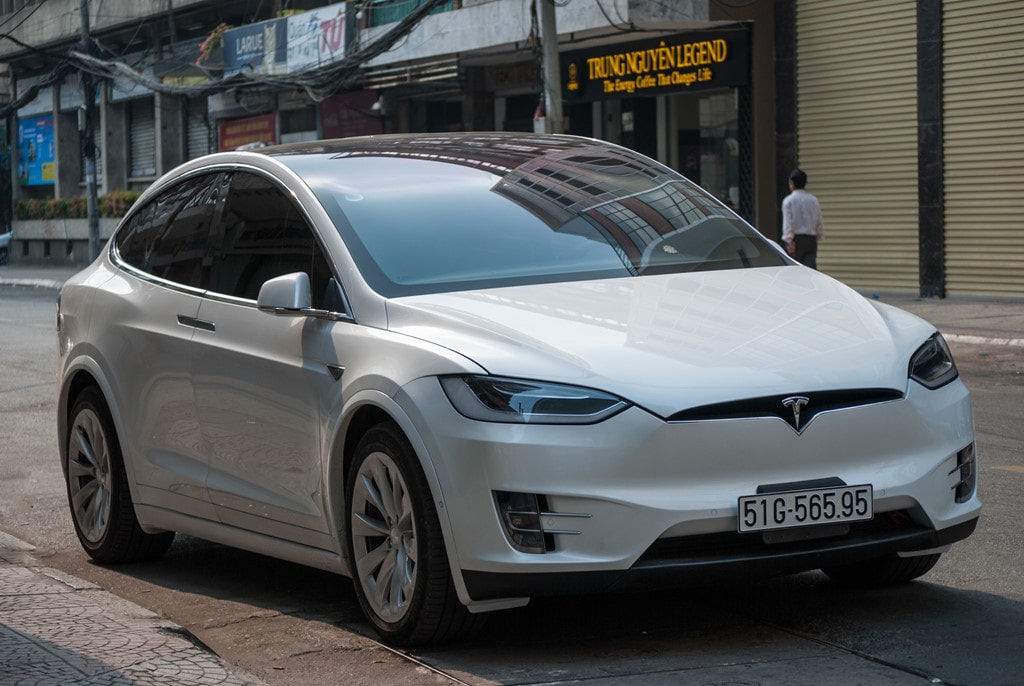
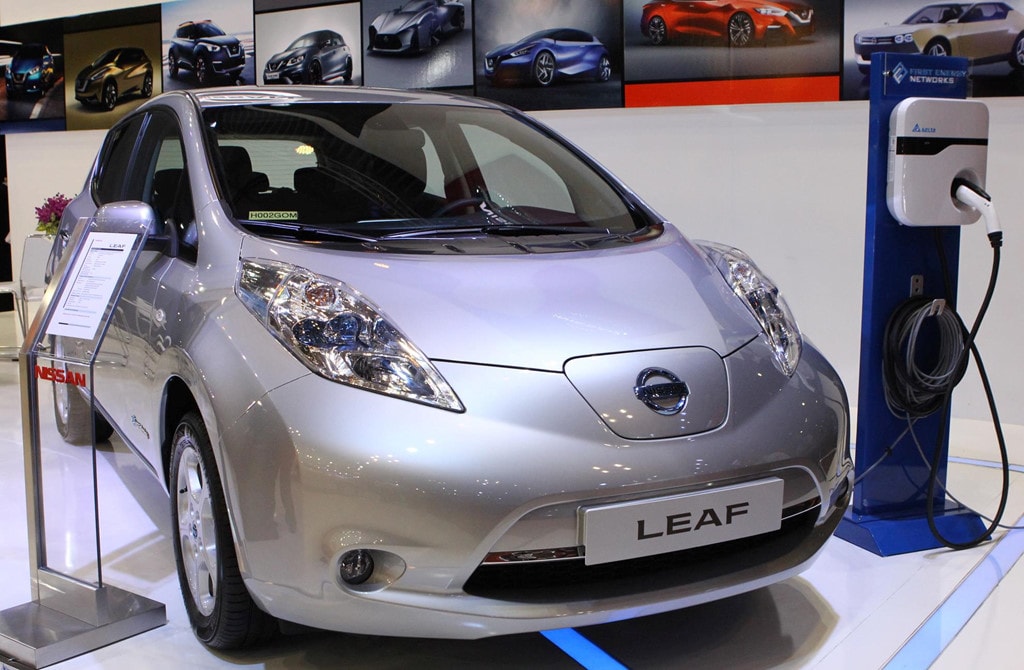
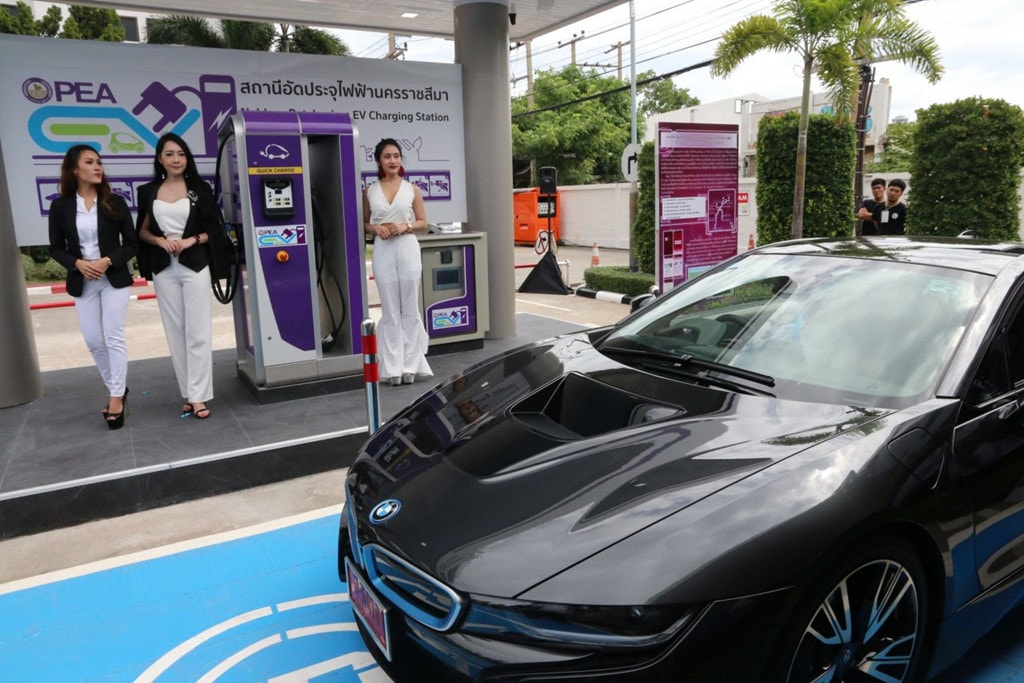
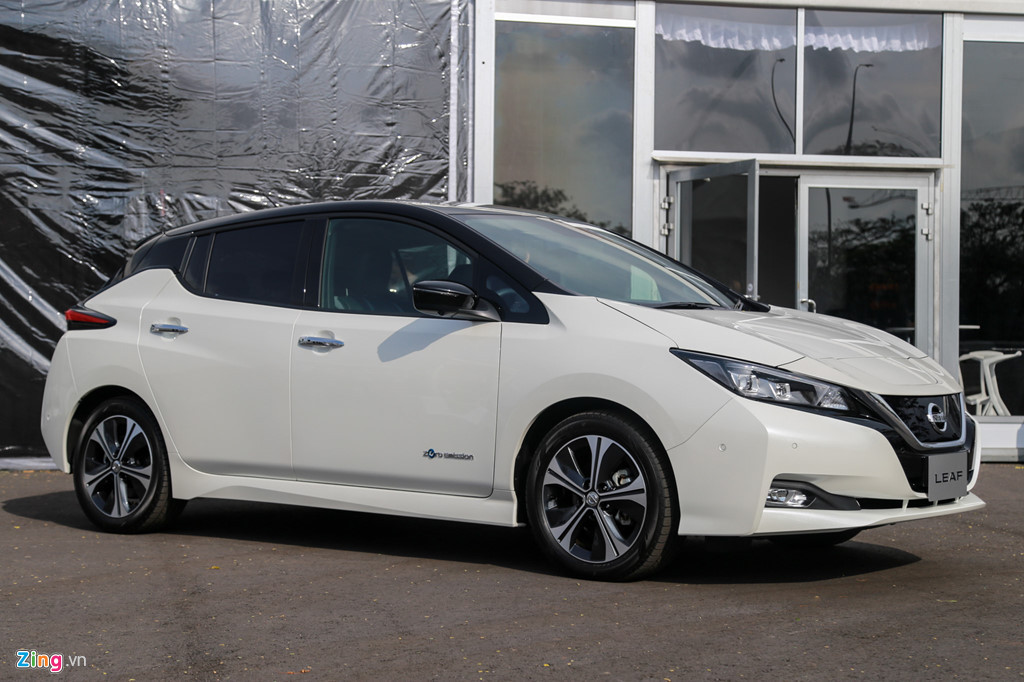
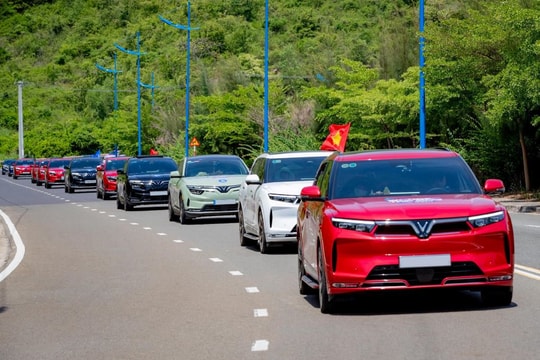
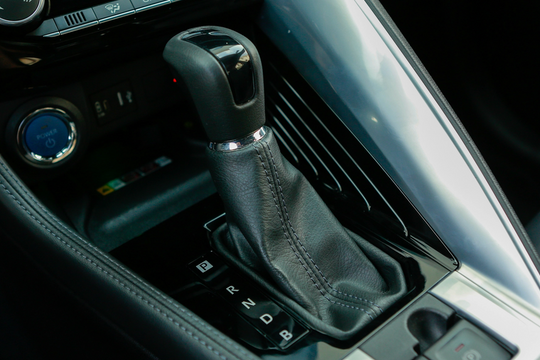
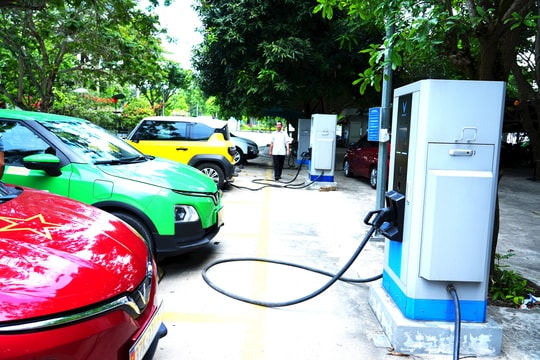

-5d2638a5233d9a3fe32f2cd92c43acdf.jpeg)
